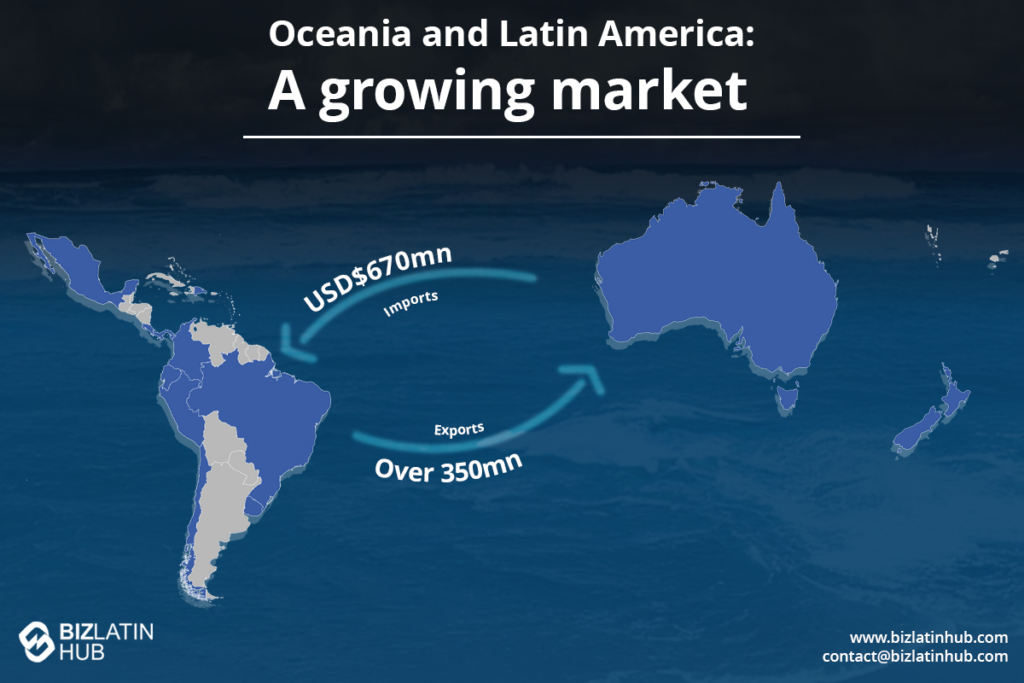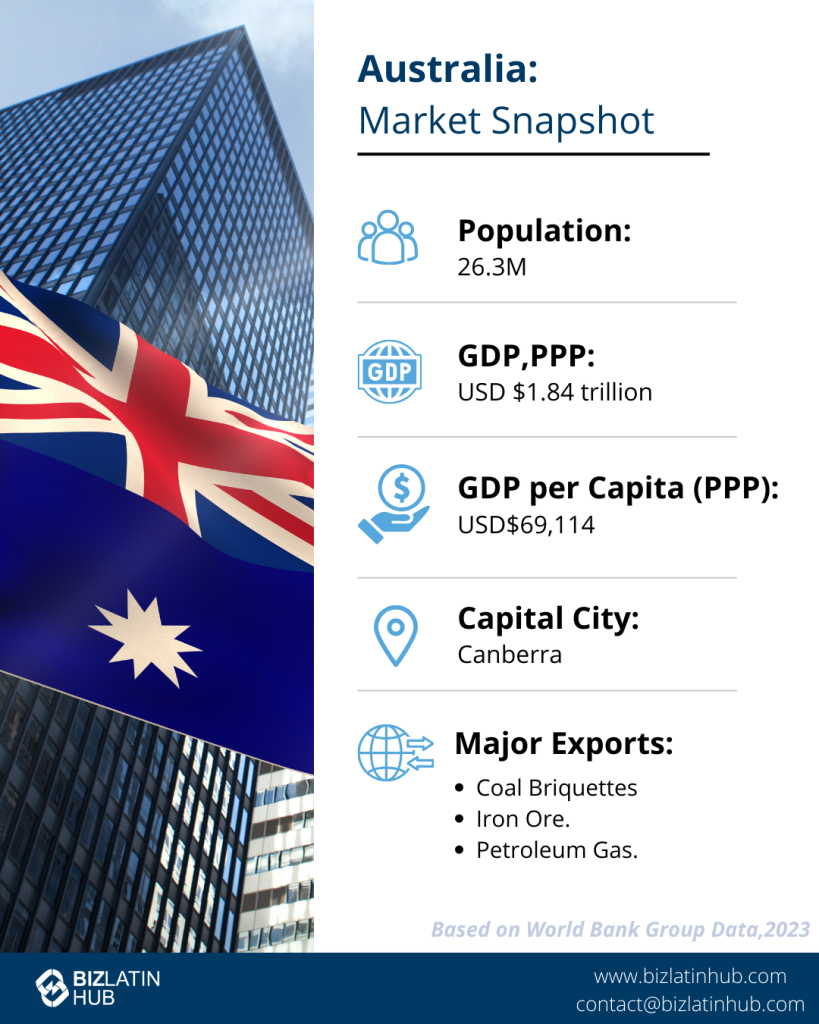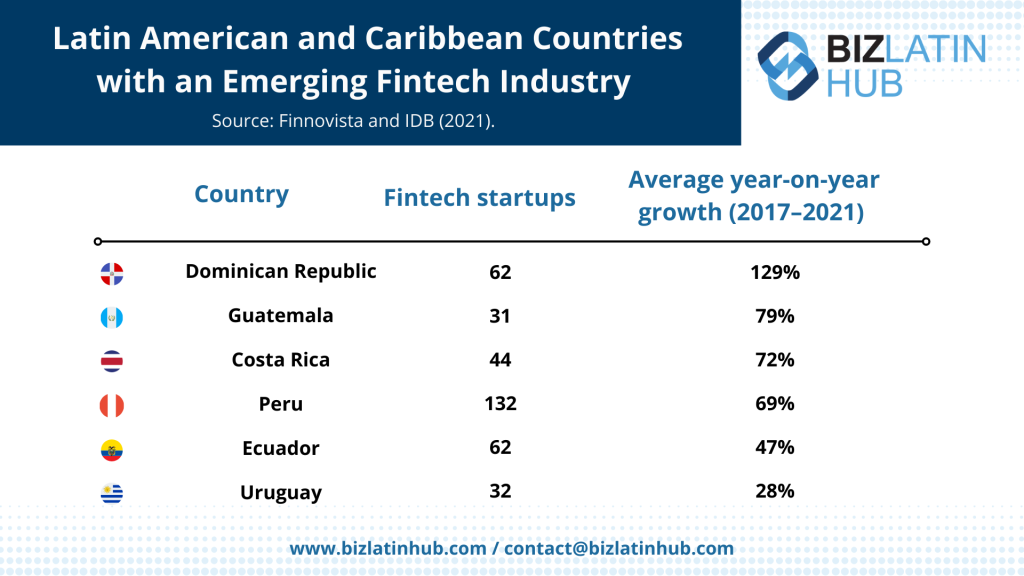Over the past 4 years, Australia’s financial sector has seen substantial development in fintech. Fintech, a combination of “financial technology”, refers to the use of innovative technology to offer financial services and improve their delivery. This could be a way to explore company formation in Australia, from Latin America or elsewhere. Using specialized software and algorithms, fintech transforms the way people manage their financial operations and processes. Australia’s fintech ecosystem has matured and become more profitable.
Fintech in Australia today
The financial sector is the largest sector in Australia and is experiencing significant disruptions by fintech. According to the Global Fintech Adoption Index, 58% of Australians use fintech and the adoption rate keeps growing. This easily places Australia as one of the world’s strongest and most dynamic fintech marketplaces.
There are three main types of fintech in Australia’s financial sector: wealth and investment, lending, and data analytics/big data. Today, there are over 800 fintech companies in Australia, and close to 25% of them are profitable. In fact, seven of these Australian companies made it in the Fintech 100 list in 2019, a ranking of the top 100 fintech companies in the world.
Australia’s fintech industry is expected to reach a value of AU$4 billion (approximately US$2.78 billion) by the end of 2020. In addition, according to the FinTech Australia Census (2019), 63% of respondents believe Australian fintech companies can compete internationally. It is no question that this boom in fintech has changed the country’s financial sector.
Fintech is changing Australia’s financial sector
Approximately 70% of fintech firms are business-to-business (B2B) in Australia. In the business-to-consumer (B2C) realm, such as peer-to-peer lending and personal finance, the ‘buy now pay later’ concept is gaining traction.
Traditional banks are forced to relook at their service offerings as new financial trends arise and fintech adoption rates grow. Banks must provide customers additional competitive banking options and services to challenge other innovative alternatives. For example, the Commonwealth Bank of Australia established an innovation lab to explore the use of blockchain when making payments. This lab aims to show that blockchain technology may reduce the risk and cost of international payments.
Given society’s need for fintech, Australians should expect a continued push in that direction. This is not only a result of service modernization efforts by traditional banks. Government and business incubators are contributing as they form a greater support system for fintech start-ups.

Government and business incubators

The Consumer Data Right legislation (CDR or Open Banking) is a governmental initiative to reshape the financial sector, aimed at reducing barriers to entry for fintechs. In September of this year, fintechs will no longer need a financial services license from the Australian Securities and Investments Commission (ASIC) to test new products for 24 months.
This initiative is cost and time saving, thus making it more worth-while for fintechs to innovate. Reduced barriers to entry equate to increased competitiveness both locally and internationally.
The UK and Australian governments also established the ‘Fintech Bridge’ to promote business expansion amongst themselves. Although this surely incites foreign competition into Australia’s financial sector, Australians also benefit. Many companies are moving out of the country as they believe they have a greater chance of success abroad.
On top of domestic and international governmental initiatives, as well as not-for-profit associations, there are many business incubators supporting changes to Australia’s financial sector. There are dozens of incubators, hubs, and accelerators pushing the fintech movement forward. With the development of an extensive support system, there are future opportunities to look out for in Australia’s financial sector.
Leverage future opportunities
Fintech innovation surrounding pensions and mortgages has been slow in Australia. Given that Australians are very aware of their retirement savings, homeownership is high, and the property market is relatively strong. These are areas for opportunity, as fintech companies can more easily fill a gap in the market if they innovate around pension and mortgage needs.
Many Australian companies are also considering expanding their operations abroad. When expanding abroad, what should companies take into consideration?

Biz Latin Hub can help you with fintech in Australia or Latin America
With increasing internet access, the influence of mobile phones, and a more stable economy, the opportunities for fintech companies are growing in Latin America.
At Biz Latin Hub, our team of experts is specialized in facilitating the market entry to foreign in-coming businesses to Latin America, providing a range of services from legal and accountancy to company incorporation, professional employment services, and other back-office services.
Learn more about doing business in Latin America, fintech development in this region, and how you can get involved. For more information, please contact us and find out how our local team can assist you.
Learn about our team and expert authors.






